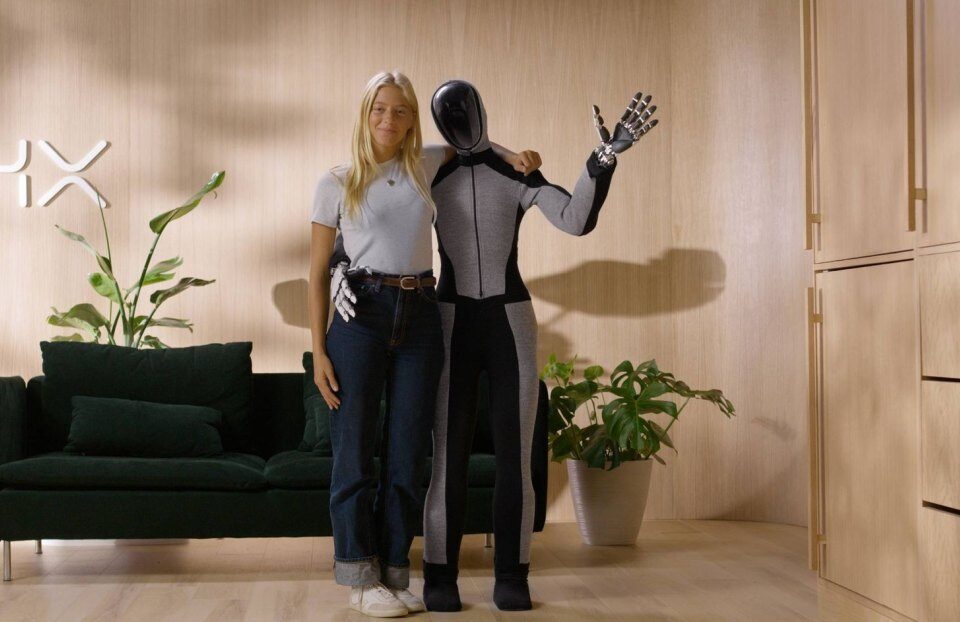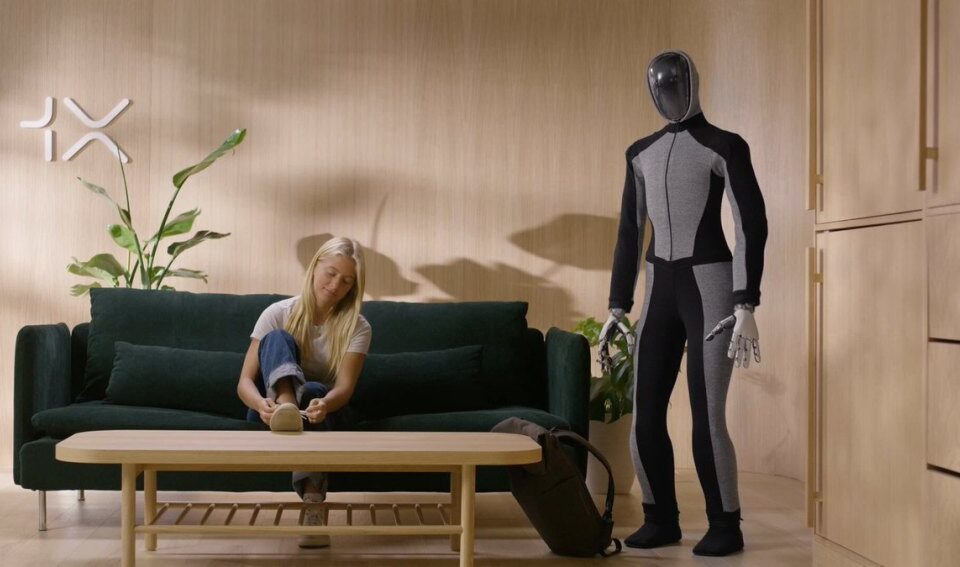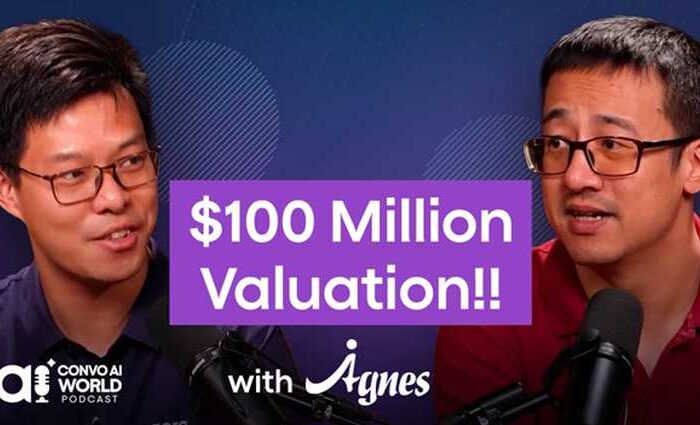Norway’s 1X raising $1B at $10B valuation to bring humanoid robot NEO into homes

1X Technologies, the Norwegian robotics startup backed by OpenAI and EQT, is preparing one of the boldest funding pushes in the sector yet. The company is seeking up to $1 billion at a valuation of at least $10 billion, more than twelve times what investors valued it at just last year.
The raise, if successful, would put 1X among the top-funded humanoid robot makers and accelerate its plan to bring its android NEO into consumer households. “Norway’s 1X Robotics, backed by OpenAI and EQT, is seeking $1B in funding to bring humanoids into homes,” The Information reported.
Founded in 2014 in Moss, Norway as Halodi Robotics, the company spent its early years building enterprise-focused androids before rebranding to 1X in 2023. The new identity reflected a broader mission: creating safe, intelligent humanoids that could live and work alongside people. Now headquartered between Norway and Sunnyvale, California, 1X employs a team of engineers and AI specialists focused on embodied intelligence—robots that learn and adapt through real-world experience rather than rigid coding.
CEO Bernt Øivind Børnich has been the driving force behind the consumer push. Long before ChatGPT brought AI into the mainstream, Børnich was already in discussions with Sam Altman about merging AI with robotics. Unlike Tesla’s Optimus or Figure AI’s robots, which lean heavily toward warehouse and industrial settings, 1X has always aimed squarely at the home. Its mission has been clear: build machines that are safe to move, interact with, and work around people.
From EVE to NEO

The company’s first product, EVE, was a wheeled android built for industrial tasks. But its flagship effort is NEO, a bipedal humanoid designed to live inside homes. NEO can make coffee, fold laundry, vacuum, and handle a variety of domestic chores. Safety and affordability remain top priorities.
Earlier this year, 1X revealed Neo Gamma, the successor to its Neo Beta prototype. Gamma arrives with a softer, friendlier design featuring knitted nylon suits to reduce injury risks, alongside upgraded onboard AI for sharper environmental awareness. While still in limited home testing, the company sees NEO as a versatile home assistant, particularly useful for older adults who want to live independently. Teleoperation provides a safety net during testing, but full autonomy remains the ultimate target.
Inside Norwegian Robotics Startup 1X Technologies’ Bid to Scale Humanoid Robots for Everyday Home Use
Investor interest has been strong. In March 2023, 1X raised $23.5 million in a Series A extension led by the OpenAI Startup Fund with participation from Tiger Global. That same year, EQT Ventures led a $100 million Series B that brought in Samsung NEXT, Nistad Group, and others. In just under a year, the company pulled in more than $125 million in total funding.
For OpenAI, the draw has been 1X’s focus on embodied AI—a field that aligns directly with its own long-term vision. EQT’s Ted Persson praised the potential of humanoids like NEO to “transform society,” describing the effort as fulfilling an ambition that stretches back from Leonardo da Vinci’s sketches to science fiction’s grandest ideas.
The $1 Billion Push
The new fundraising goal, first reported on September 22, was confirmed by Børnich to employees and investors. If 1X closes the round, it would join peers like Figure AI, which recently secured $1 billion in commitments at a $39 billion valuation.
The fresh capital would support scaling data collection for embodied AI, ramping up production of NEO, and expanding into new markets. But big challenges remain. Making humanoid robots commercially viable requires breakthroughs in reliability, safety, and cost—all areas that 1X is still working to prove at scale.
The Bigger Picture
The robotics sector has exploded alongside advances in AI. Investors see humanoids as a possible solution to labor shortages across industries, from logistics to elder care. But this is still a young market, and most companies—including 1X—rely heavily on venture funding rather than revenue.
If 1X succeeds, it could be among the first to bring humanoid robots into everyday homes. With OpenAI’s backing, EQT’s capital, and a product strategy that favors consumer use over warehouses, the Norwegian startup is betting that sci-fi’s long-held dream is finally within reach. All eyes are now on whether NEO can leap from prototype to household essential.




